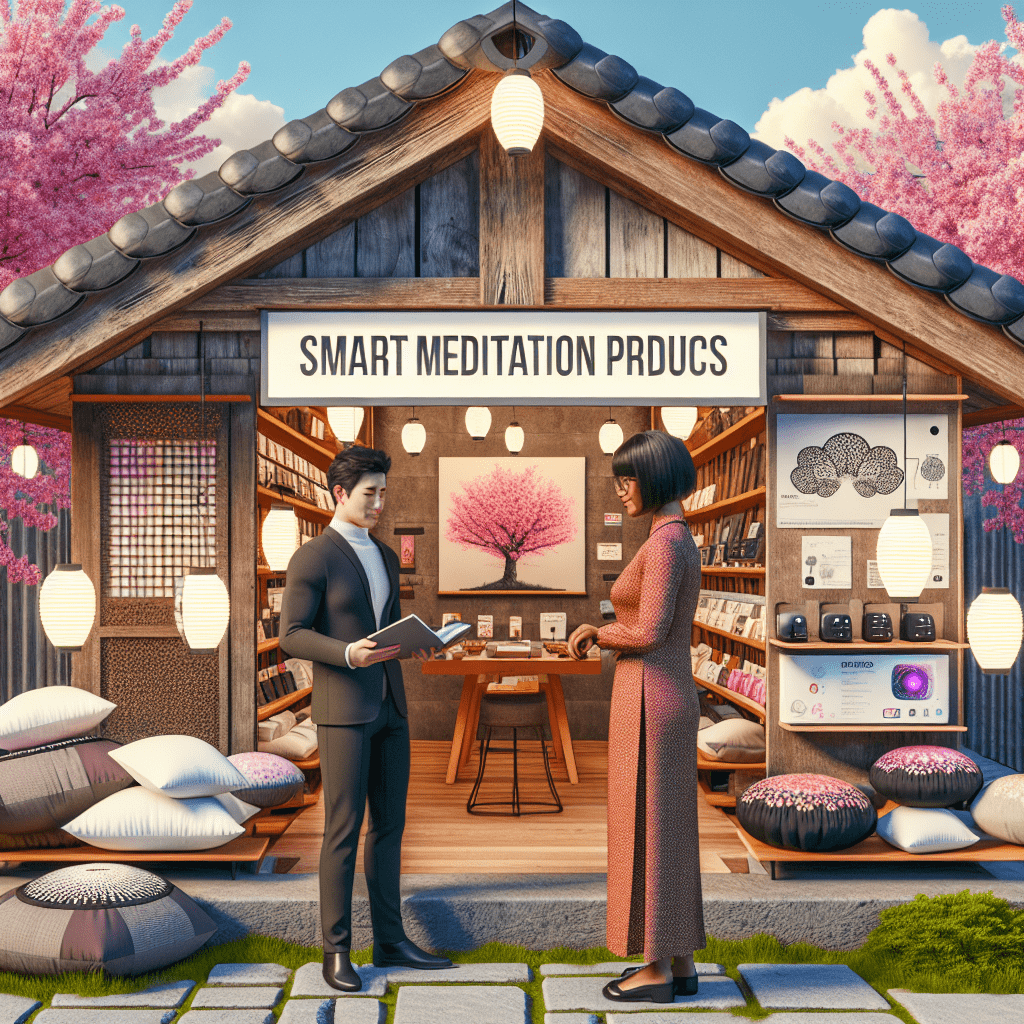
Prioritize your mental well-being daily. Enhance your life by nurturing your mental health with the Smart Meditation app. Break free from stress, alleviate anxiety, and enhance your sleep quality starting today.
Do Anti Anxiety Meds Help You Feel Less Nervous?
Unraveling the Mystery of Anti-Anxiety Medications
In the hustle and bustle of today’s world, where the pace of life seems to be ramping up by the minute, it’s no wonder that many folks are finding themselves tangled up in the clutches of anxiety. It’s like a pesky shadow that follows you around, uninvited and always lurking. So, it’s hardly surprising that the topic of anti-anxiety medications often pops up in conversations, sparking curiosity and hope amongst those grappling with anxiety. But do these meds really turn down the volume on your nerves, or is it all just smoke and mirrors? Let’s dive in and sift through the facts to find out.
The Science Behind the Serenity
First things first, it’s crucial to understand what we’re dealing with here. Anxiety isn’t just a case of the jitters before a big presentation or feeling butterflies in your stomach on a first date. Nope, it’s a whole lot more complicated than that. For some, it’s a constant, gnawing presence, like an invisible backpack of bricks weighing you down day in, day out.
Enter stage left: anti-anxiety medications. These aren’t your average Joe kind of pills. We’re talking about a lineup of pharmaceuticals that have been carefully designed and honed over the years to target the brain’s complex chemistry. The main players in this arena are SSRIs (Selective Serotonin Reuptake Inhibitors), SNRIs (Serotonin-Norepinephrine Reuptake Inhibitors), and benzodiazepines, each bringing their own unique flair to the table.
-
SSRIs and SNRIs: These guys are like the chill older siblings in the anti-anxiety family, working their magic by adjusting the levels of neurotransmitters in the brain, such as serotonin and norepinephrine. The idea is to boost those feel-good vibes and bring some much-needed balance to your brain’s biochemistry.
-
Benzodiazepines: On the flip side, benzodiazepines are the fast-acting relief squad. They’re like the panic button you can hit when anxiety levels spike through the roof, offering quick but temporary respite. However, they’re not a long-term solution and come with a side of caution due to their potential for dependency.
So, Do They Really Work?
Ah-ha, the million-dollar question! Well, in a nutshell, yes – when used correctly and under the watchful eye of a healthcare professional, anti-anxiety medications can indeed help take the edge off that relentless nervousness. Countless studies and personal testimonies sing praises about the effectiveness of these meds in bringing calm to the storm of anxiety. However, it’s not a one-size-fits-all kind of deal.
Finding the right medication, or combination thereof, is akin to finding the perfect pair of jeans – it might take a bit of trial and error. Plus, these meds aren’t solo artists; they often perform best when accompanied by other strategies, like therapy, lifestyle changes, and mindfulness practices.
A Word to the Wise
While the prospect of dialing down the anxiety is undoubtedly enticing, it’s paramount to proceed with caution. Medications can be a double-edged sword, offering relief on one hand but potentially ushering in side effects or dependency issues on the other. Thus, embarking on this journey with a trusted healthcare provider is key, ensuring that you’re navigating the path with someone who knows the ropes.
In the grand tapestry of anxiety management, anti-anxiety medications can indeed play a pivotal role, helping many individuals find their footing amidst the chaos. Yet, they’re just one piece of the puzzle, fitting into a broader strategy aimed at fostering well-being and resilience. So, while there’s no magic pill that’ll whisk away anxiety in a puff of smoke, there’s comfort in knowing that there are tools and support available to help ease the journey.





